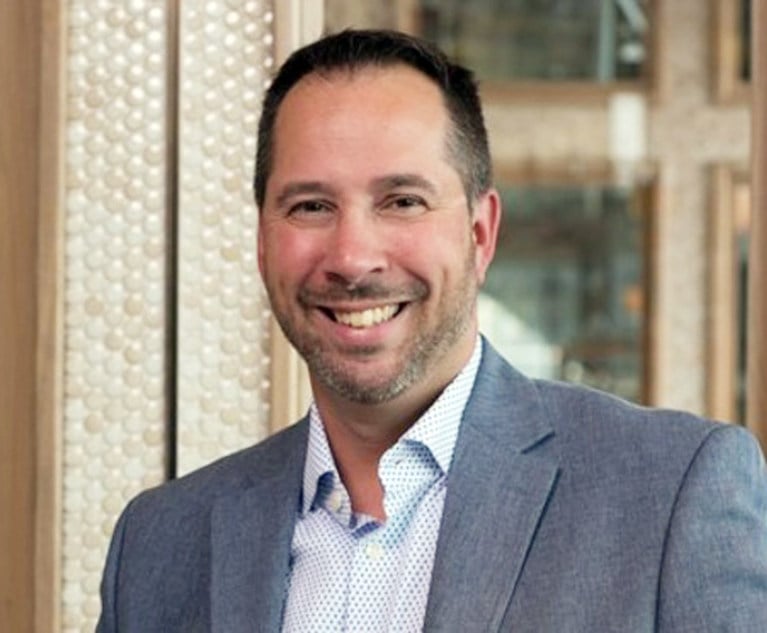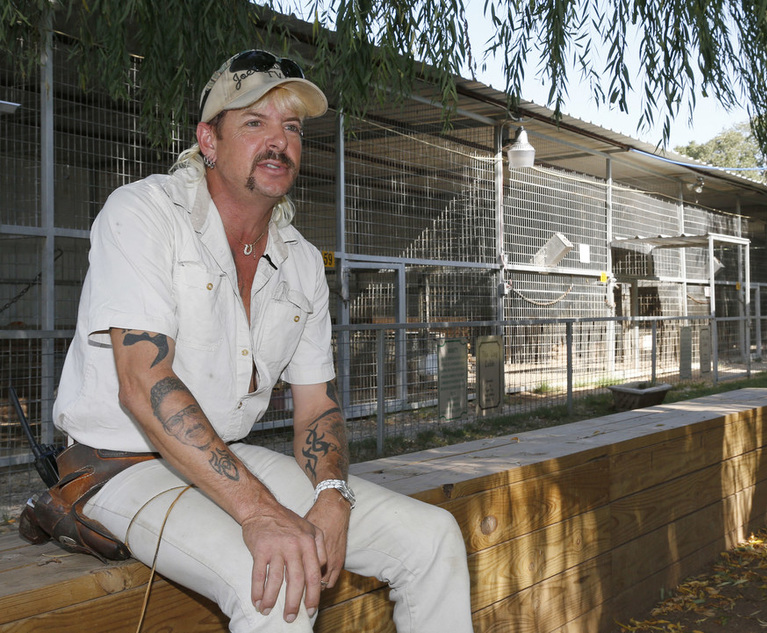In the fast-paced, high-stakes world of 24-hour news coverage, change can come pretty quickly. Recent shake-ups at CNN, the network revered for being “the most trusted name in news,” have had a seismic effect on the media industry. First, it was the firing of former anchor, Chris Cuomo, by CNN last December for inappropriately aiding his brother, then-New York Gov. Andrew Cuomo, in response to the governor’s sexual harassment scandal at a time when Cuomo had the top-rated show on the network. Next it was the firing of CNN president Jeff Zucker and his longtime lieutenant, Allison Gollust, in February. Zucker, largely considered one of the most influential and powerful players in the news and entertainment industry, was forced to resign from CNN on Feb. 2, citing his failure to properly disclose his romantic relationship with Gollust. Two weeks later, Gollust was fired for her role in not disclosing the relationship with Zucker.
What a Tangled Web We Weave
Cuomo, a lawyer himself, has filed a scorched-earth demand for arbitration seeking $125 million in compensation from his former employer. Cuomo alleged that he was wrongfully terminated based on his relationship with then-Gov. Cuomo, who was also his brother. According to the demand, which was uncharacteristically made public, Cuomo claims that during the early days of the global COVID-19 pandemic, Gov. Cuomo became a media darling because of his decisive leadership in response to the public health crisis and “despite Cuomo’s and Gov. Cuomo’s expressed reservations, CNN demanded through its leadership that Cuomo interview Gov. Cuomo frequently.” Between March 19, 2020, and June 24, 2020, Gov. Cuomo appeared on Cuomo’s program nine times resulting in a “ratings bonanza.”


 Jeffrey Campolongo, of Law Office of Jeffrey Campolongo.
Jeffrey Campolongo, of Law Office of Jeffrey Campolongo.




